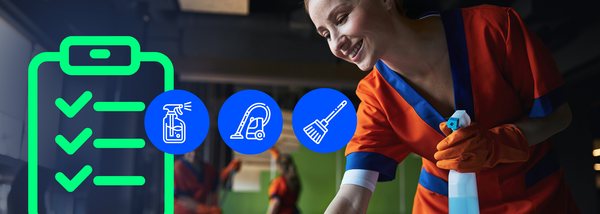Building an Emergency Kit for Cleaning Business Success
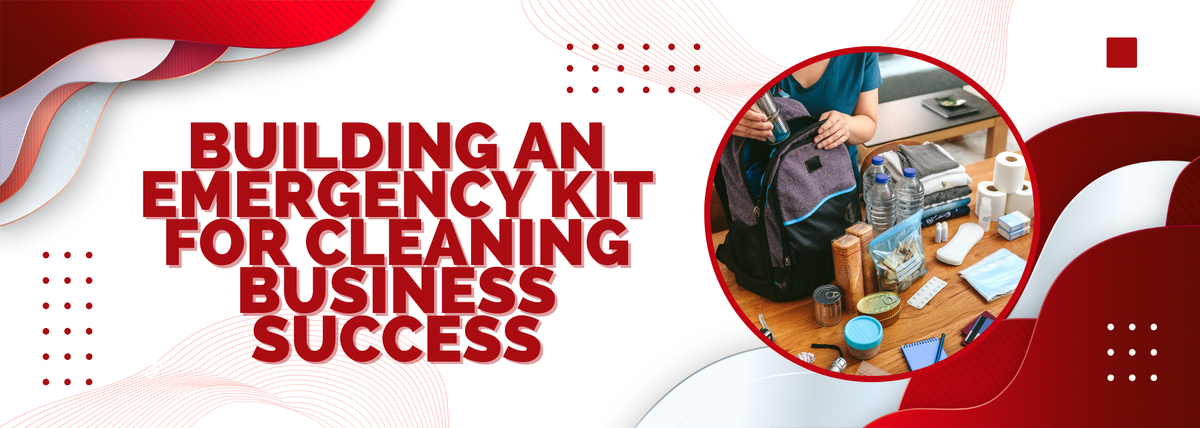
Running a cleaning business can sometimes be unpredictable, with unexpected challenges like spilled bleach, broken equipment, or pesky stains that just won’t go away. Such surprises can slow you down and add stress—unless you’re prepared!
That’s where having a smart emergency cleaning kit comes in handy. By keeping a well-stocked, portable kit, you’ll be ready to handle surprises and keep your business running smoothly. Let’s explore how to put together an emergency kit that every cleaning business owner should have, complete with organization and upkeep tips.
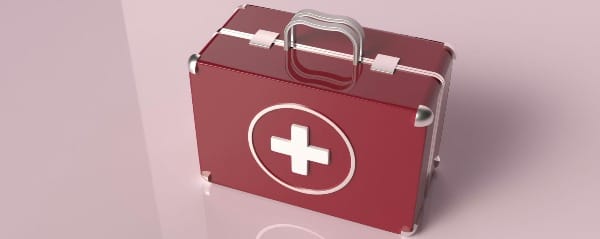
The Value of an Emergency Kit in Your Cleaning Business
An emergency cleaning kit is like a safety net for your business. It’s not something you use every day but is packed with essentials for unexpected situations. Let’s look at why an emergency kit is a game-changer:
- Showcase Professionalism: Being prepared for anything builds trust and shows clients you mean business.
- Save Time: You can solve problems on the spot without running out for supplies, saving valuable time.
- Reduce Stress: Knowing you have a backup plan boosts your confidence and sense of control.
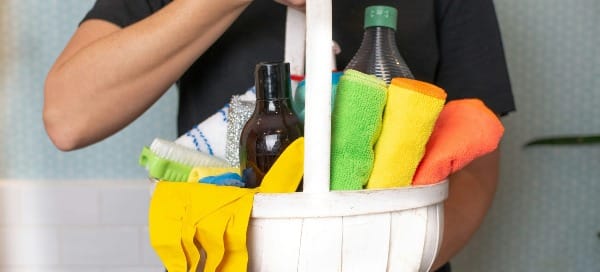
Steps to Craft the Ultimate Emergency Cleaning Kit
When putting together your emergency kit, think about ease of use and portability. Here’s a breakdown of crucial items, sorted into categories for simplicity:
1. Must-Haves for Stain Emergencies
Stains are a common struggle in cleaning. With these tools, you’ll be ready for any spill:
- Versatile stain remover: Works on all surfaces like fabrics and carpets.
- White vinegar: This natural remedy tackles tough stains effectively.
- Hydrogen peroxide: Great for tricky organic stains like wine spills.
- Baking soda: Useful for scrubbing and neutralizing odors.
- Microfiber cloths: Perfect for lifting stains gently and effectively.
2. Essential Backup Tools
Missing or broken tools can bring work to a standstill. Have these backups ready:
- Handheld vacuum: Perfect for quick reach in small spaces.
- Mini dustpan with brush: Great for tidying up small messes.
- Spare mop heads or pads: Ensures you always have an operational mop.
- Variety of scrub brushes: Fit for tackling different surfaces.
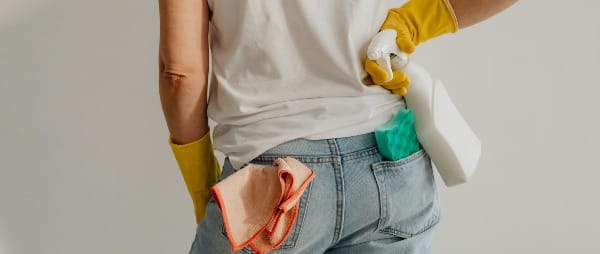
3. Quick Fix Essentials
Sometimes minor fixes are all you need to stay on track:
- Duct tape: Handy for quick temporary repairs, like fixing a cracked hose.
- Super glue: Helps repair minor, non-essential items.
- Extra rubber gloves: In case a pair tears unexpectedly.
- Garbage bags: Always useful for catching unexpected mess or broken items.
4. Specialty Tools and Products
Certain jobs may require special products not in your regular toolkit:
- Magic erasers: For easily removing scuffs from walls or floors.
- Odor neutralizer spray: Freshens up spaces or fabrics quickly.
- Small bleach bottle: Essential for sanitizing when necessary.
- WD-40: Great for handling sticky situations and polishing metals.
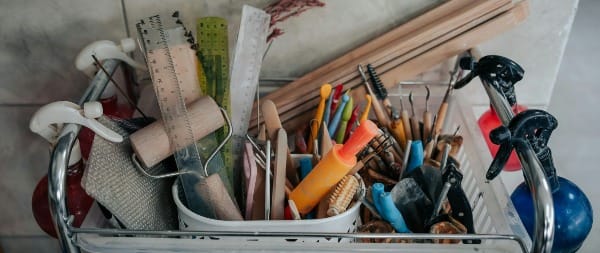
5. Basic First Aid Supplies
Safety first! Always include basic first aid items:
- Band-aids: For those inevitable small cuts.
- Antiseptic wipes: Essential for cleaning minor wounds.
- Disposable ice packs: Handy for minor injuries or bruises.
- Pain relievers: For any aches that come your way.
6. Comfort Items for Long Jobs
Long cleaning days can be exhausting. These will help you stay sharp:
- Snacks: Keep energy up with granola bars or trail mix.
- Water bottle: Staying hydrated is key to maintaining energy.
- Portable phone charger: Ensure you remain connected in emergencies.

7. Organizational Tips and Tools
An organized kit is a powerful tool. Here’s how to keep it in order:
- Clear containers: Divide items by category for easy finding.
- Labels: Ensure everything is clearly marked.
- Portable toolbox: Choose one with compartments for simple organization.
How to Keep Your Emergency Kit in Top Shape
Simply creating a kit isn’t enough; maintaining it is crucial. Here’s how:
- Restock Frequently: After every job, replace what you used.
- Inspect for Damage: Regularly check your items for any wear or expiry.
- Seasonal Updates: Adjust for seasons, like adding sunscreen in summer.
- Keep Accessible: Store it where it’s easy to grab, like in your car or workspace.
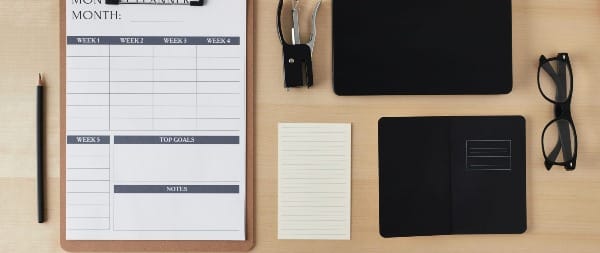
Using Your Kit Wisely During Jobs
- Reserve for Emergencies: Save your kit for true emergencies, not regular tasks.
- Notify Clients: Let clients know when you use the kit to address unexpected problems, showing your professionalism.
- Track Uses: Keep a log of when you’ve used the kit to find patterns and improve workflow.
Final Thoughts
Investing in an emergency cleaning kit can significantly boost your business. It ensures you're prepared for surprises, keeps clients happy, and bolsters your professional reputation.
By equipping yourself with the right tools and maintaining your kit, you’ll not only save time but also enhance the quality of your service, leading to business growth. Assemble your kit today and feel ready to tackle anything your next cleaning job throws your way!




